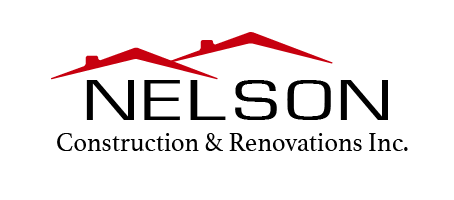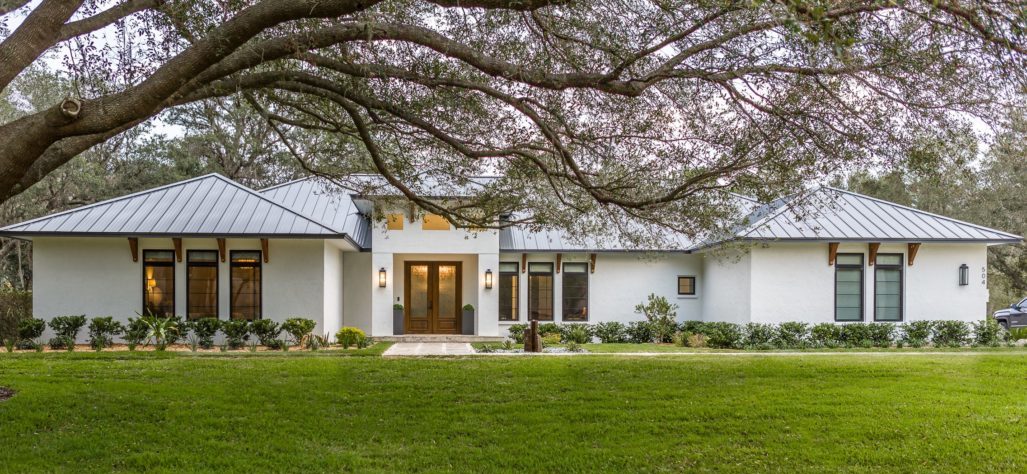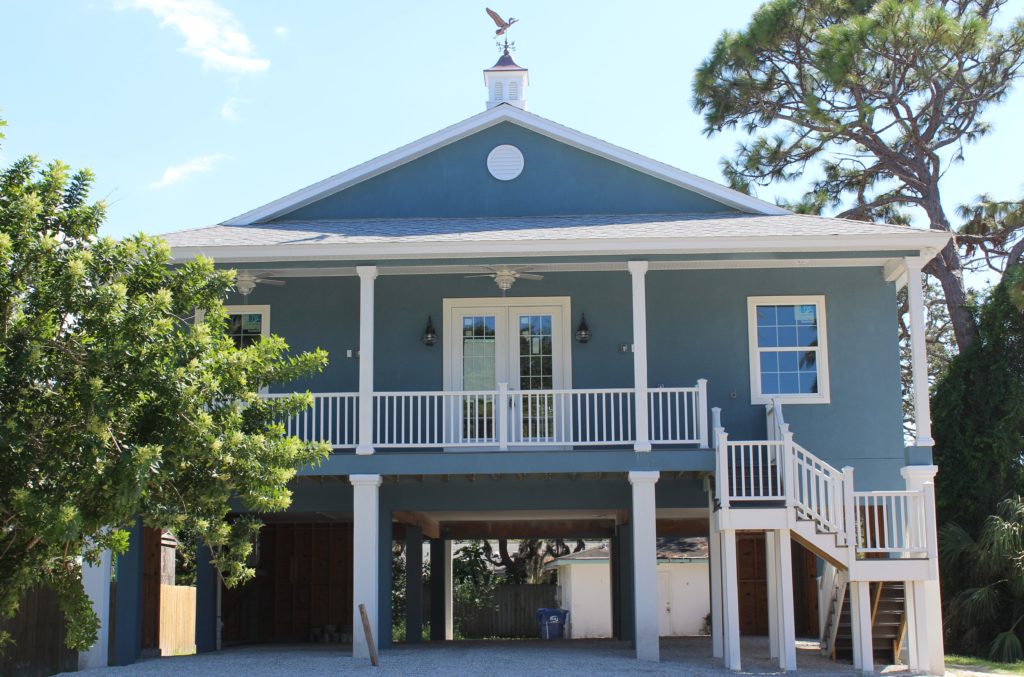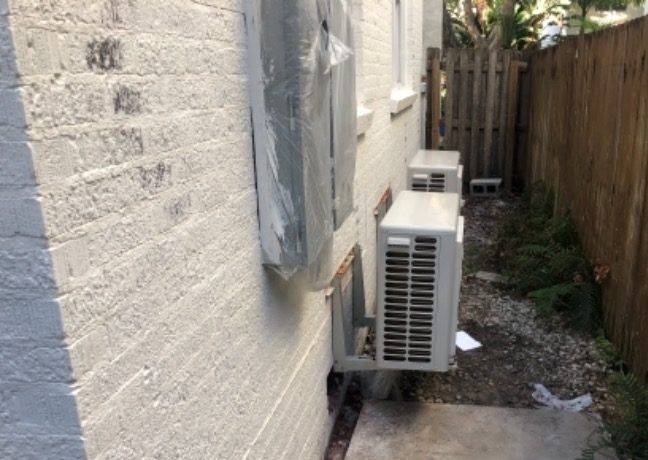When Building or Renovating Your Home in Florida, Consider These 5 tips.
Renovating a house in Florida is not like construction in the rest of the country. Not only do you have to deal with the humidity (hello, mold), there’s also the hurricanes, termites, frequent rainstorms and beating sun (which lead to dry-rot). It’s no wonder the construction industry is so heavily regulated down here.
So what do you need to know to properly navigate the ins and outs of a renovation in Florida? Read on for five important tips.
Tip 1. Use Timbor, a non-toxic salt treatment, to protect wood from termites. Timbor is an insecticide used to treat wood and wood products the prevention of termites, powder post beetles and wood decay fungus. It is is applied to indoor and outdoor wood surfaces to protect the wood from water and insect damage. It will not stain wood surfaces and poses little to no threat as it has a low toxicity and is almost odorless. It has to be applied when the wood is exposed, however, so what better time to do it than during a renovation or new-build?
Tip 2. Check to see if your home is in a flood zone before starting your project – the amount of improvements cannot exceed 50% of the value of the structure, according to FEMA, or you may need to raise it above the floodplain. You can find more information at our blog post “How to Renovate Your Florida Home If You Are In A Floodplain.”
Tip 3. Only purchase materials for the home’s exterior that have a Florida product approval number, so they will withstand a hurricane. Windows, doors, siding and roofing with Florida product approval numbers have been tested with low-missile impact procedures to ensure they can stand up to Category 5 winds and flying debris.
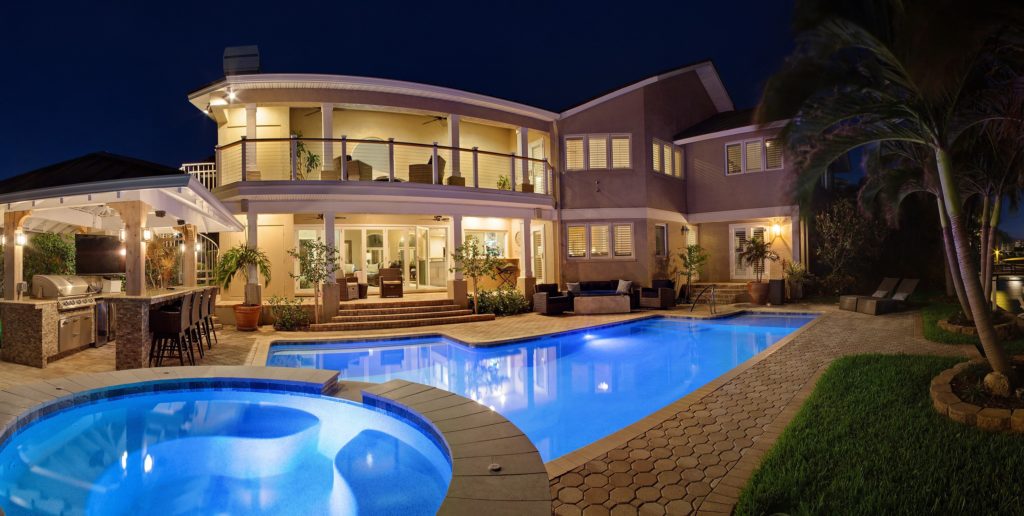
Tip 4. During the design process, don’t forget to consider energy efficiency – include proper insulation, HVAC cooling equipment, and other amenities such as mini splits or air ducts that fit with the design of your home. For more information on energy efficient systems called Mini Splits, check out “New Air Conditioning Solution for Historic Homes” and this blog about building a new energy efficient home, “The Awesome Benefits of Building a New Energy Efficient Home.”
Tip 5. Make sure your contractor is licensed and insured! Florida law heavily regulates the construction industry, so don’t be caught unawares – there is very little that a handyman can do without a contractor’s license, aside from minor aesthetic upgrades and repairs. Even changing your front door or painting your home requires a license, and there are heavy fines and penalties if not followed. If in doubt, visit your local municipality to get all the information before beginning your renovation.
Check out our video blog on YouTube for more details about construction and design in Florida!
Nelson Construction and Renovations, a family business founded in 2006, is a design-build company that specializes in high-end remodels, home additions, and custom homes. With our headquarters in Clearwater, Florida, we serve homeowners all over Pinellas and Hillsborough Counties. We are an award-winning member of the National Association of the Remodeling Industry and have an A+ rating with the Better Business Bureau.
Creative Commons Attribution: Permission is granted to re-post this article in its entirety with credit to Nelson Construction and a clickable link back to this page
